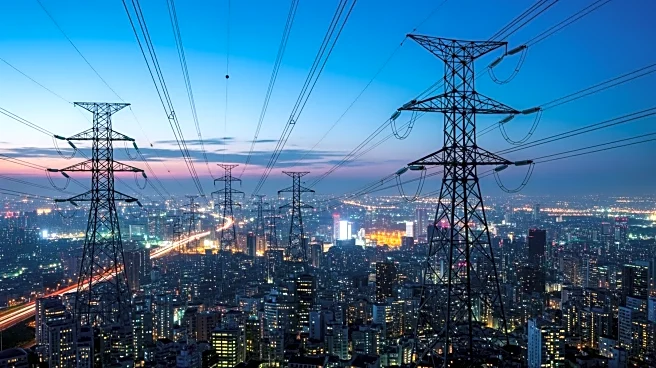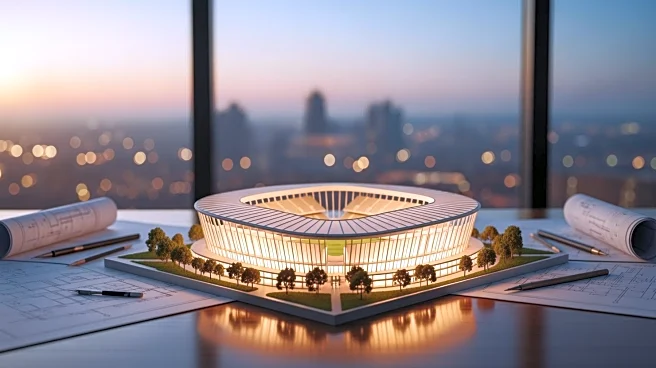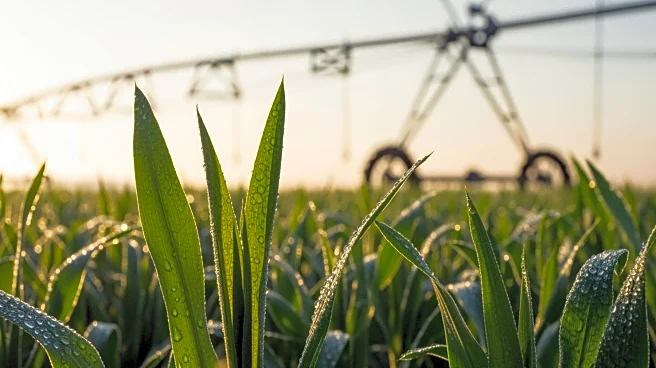What's Happening?
During the Singapore International Energy Week 2025, Philippine Energy Secretary Sharon Garin outlined the country's vision for a resilient and interconnected energy future. The Philippines is positioning
itself as a leader in the global energy transition, with plans to enhance regional energy security and sustainability. Garin emphasized the importance of the Enhanced ASEAN Power Grid, which aims to improve access to renewable energy resources and reduce reliance on fossil fuels. The Philippines is exploring a bilateral power interconnection with Malaysia, marking a significant step towards regional energy integration.
Why It's Important?
The Philippines' proactive approach to energy resilience and regional integration is crucial for addressing climate change and enhancing energy security in Southeast Asia. By advocating for the ASEAN Power Grid, the Philippines is promoting a unified energy market that can facilitate the deployment of renewable energy across member states. This initiative supports the region's transition to a low-carbon future and offers valuable lessons for other countries facing similar challenges. The focus on renewable energy investments and policy reforms positions the Philippines as a key player in the global energy landscape.
What's Next?
As the Philippines prepares for its ASEAN Chairmanship in 2026, the emphasis on regional energy integration and renewable energy deployment will likely define its leadership agenda. The country is expected to continue advocating for the ASEAN Power Grid and exploring opportunities for cross-border energy cooperation. The development of a carbon credit policy framework and nuclear energy programs further illustrate the Philippines' comprehensive strategy towards a sustainable energy future. These initiatives offer significant opportunities for ASEAN to collectively achieve its climate goals.









